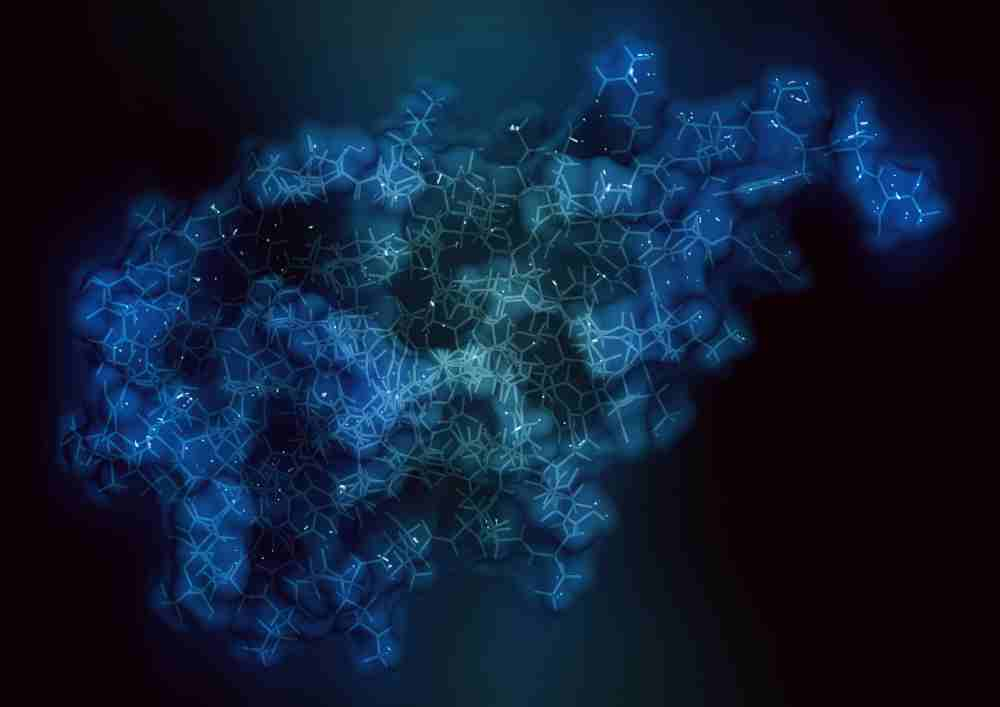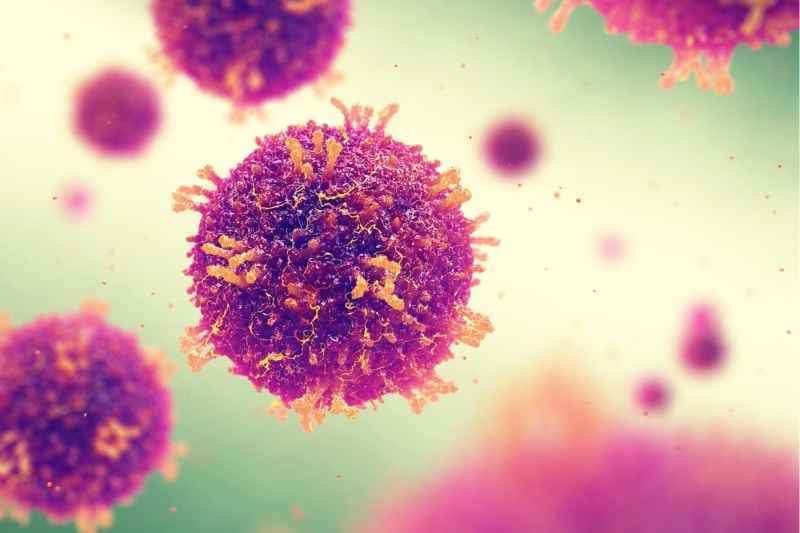Immunology & Immunotherapy
Learn basics of immunology, cell-growth and immuno-modulation mechanisms.
The Nobel Prize in Physiology or Medicine 2018 was awarded jointly to James P. Allison and Tasuku Honjo for their discovery of cancer therapy by inhibiting negative immune regulation.
Curriculum : Course Code: AT-022
Highlights
- •Understand the components and coordination of Innate and Adaptive immune systems to fight pathogens
- •Learn mechanisms of faltering immune system leading to immune disorders and autoimmunity
- •Significance of harnessing the potential of body's immune system for cancer therapy
- •Immunotherapy
Introduce topics & technologies like
- •Types of immune cells
- •Innate and Adaptive immunity
- •Allegies and autoimmunity
- •Vaccination
- •Cancer Immunothearpy
- •Biologics and cell therapies (CAR T cell & NK cell therapy)
- •Precision medicine
- •Omics technologies (genomics, proteomics)
- •CRISPR/Cas9 mediated genome editing, etc)
- •Bioinformatics
Career counseling about an increasingly wide range of available careers, including research (academic & Pharmaceutical company based), teaching, Medical practitioners, to name a few.
Research Outcomes & Academic Impact
Scientific Poster
Students learn to make high quality science posters & hone their presentation skills.
Research Report Manuscript
Learn to draft scientific write-ups with clear and convincing narratives.
Certificates
Outstanding students also get opportunities for long-term projects with mentors.
Recent Student Projects in Immnology
Immunotherapy
https://elioacademy.org/nikhil-menon

Nikhil Menon
(Brighton College)
Traditionally, cancer treatment relied on surgery, chemotherapy, and radiotherapy, but immunotherapy has emerged as a promising new method. The report focuses on immune checkpoint inhibitors, particularly those targeting PD-1, PD-L1, and CTLA-4, which have shown significant success in treating various cancers by preventing cancer cells from evading immune detection.

Want to Work on Your Own Project?
Apply to ELIO mentored projects in Genetics, Neuroscience, Medical Data Science, Biochemistry,
